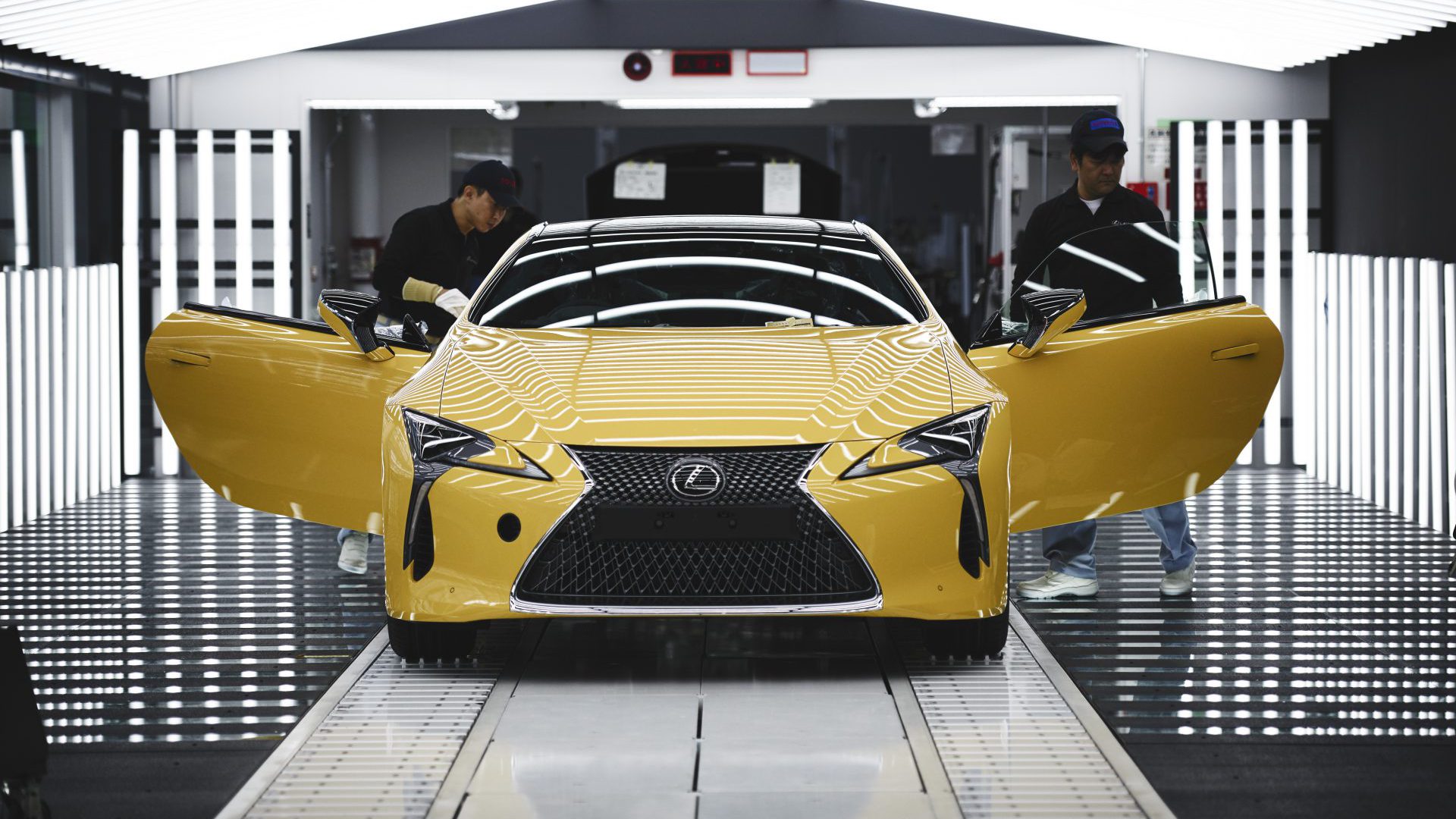

Volvo’s announcement that it will sell only electrified vehicles after 2019 turned all eyes to the Swedish automaker. But no one threw shade quite like Lexus.
Ewan Shepherd, Lexus’ U.K. boss, recently fired back at Volvo, noting that the Toyota luxury brand already has a full range of hybrids. He went on to say that Lexus is already able to meet much stricter future emissions laws, reports Motor1.
“When you look at the legislation that’s being proposed for 2040, only us and Tesla could meet those requirements right now,” Shepherd said. He could be referring to a U.K. proposal that would ban sales of new gasoline and diesel cars in 2040, but still allow sales of hybrids.
Lexus currently offers hybrid versions of nearly every model it makes, so it wouldn’t be drastically affected by such a sales ban. But there are some crucial differences between the Lexus and Volvo electrification plans.
Volvo’s 2019 electrification push includes mild hybrids, plug-in hybrids, and all-electric cars. However, Volvo hasn’t said what the exact mix of these different powertrains will be. It’s possible that the majority of new Volvos will be mild hybrids, since those powertrains are cheaper and provide a familiar driving experience for customers.
If that turns out to be the case, the Volvo lineup will actually look a lot like the Lexus lineup. But Lexus has been selling large numbers of hybrids for years, and its hybrid powertrains use electric power more aggressively than mild-hybrid setups.
However, Volvo plans to take things a step further. It already offers plug-in hybrids, which allow for more all-electric driving than hybrids without plugs. Volvo has also committed to selling some all-electric cars, something Lexus has tried to avoid.
Both Lexus and parent company Toyota have been vocal critics of battery-electric cars, claiming battery technology will never be able to overcome current range restrictions. Toyota developed hydrogen fuel-cell technology as an alternative, and it was rumored that Lexus would get a fuel-cell car at some point in the future.
But difficulty setting up hydrogen fueling infrastructure has caused Toyota to reconsider. The company is now reportedly developing a battery-electric car, although it’s unclear if the new model will spawn a Lexus variant. Lexus may have led the way with luxury hybrids, but the automaker will find itself playing catchup to the likes of Volvo, not to mention Tesla and other luxury brands, if it decides to launch an electric car.